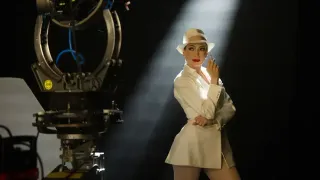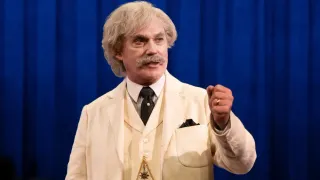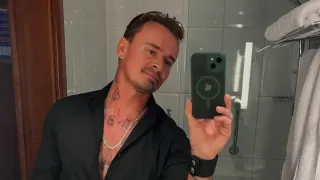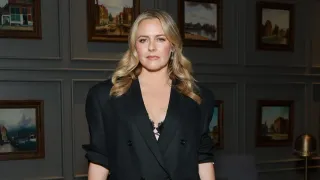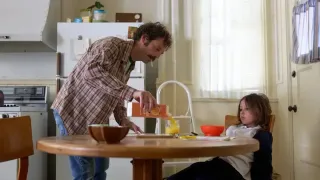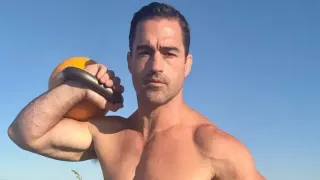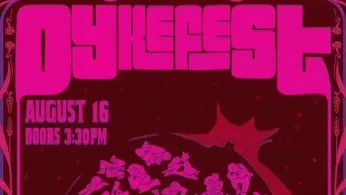
3 hours ago
DykeFest Returns: Boston’s Femme Scene Finds Unity and Joy in Sapphic Arts Festival
READ TIME: 3 MIN.
Boston’s queer nightlife has long been shaped by decades-old clubs and bars, but for many lesbians, nonbinary people, and other LGBTQ+ residents, spaces centered on femme and sapphic experiences have been notably rare. DykeFest, a grassroots arts and culture festival, is reshaping that landscape. On August 16, DykeFest returns to the Center for Arts at the Armory in Somerville, Massachusetts, inviting attendees to celebrate the city’s dynamic and diverse queer community through performance, creativity, and solidarity .
Organized by Boston-based drag king Andi van Dyke, the festival’s mission is clear: to showcase and uplift artists and performers from across the sapphic, transgender, and gender nonconforming spectrum. “I want to expose Boston’s broader Sapphic, trans, dyke community artists that I think they’ll enjoy,” van Dyke explained, noting the importance of cultivating spaces where marginalized identities can thrive and connect .
This year’s DykeFest offers an eight-hour lineup of entertainment, beginning with a free talent show hosted by Jacques’ Cabaret regular MT Heart. The event’s agenda features live music, stand-up comedy, drag king performances, burlesque acts, and an arts vendor fair, all designed to reflect the breadth and vibrancy of Boston’s femme-forward creative scene . Notably, the festival is intentionally accessible to adults of all marginalized genders and sexualities, with a particular focus on the lesbian, trans, and gender nonconforming communities .
The celebration continues well into the night, culminating in an after-party at Dani’s Queer Bar, one of the city’s few explicitly queer-owned and femme-centered venues. This blend of structured performance and informal community mingling reflects DykeFest’s ethos: to create not just a festival, but a gathering ground where visibility, joy, and advocacy unite .
DykeFest’s emergence is part of a larger tradition of grassroots organizing within Boston’s LGBTQ+ community. Since 1995, the Boston Dyke March has provided a non-commercial, intersectional alternative to corporate Pride celebrations, emphasizing queer and gender liberation through activism, art, and solidarity . DykeFest builds on this foundation, seeking to elevate the voices and talents of those who have often been most marginalized, both within society and within the LGBTQ+ community itself.
The festival’s emphasis on inclusivity is clear in its programming and outreach. Event organizers have prioritized accessibility, welcoming participants of all sexualities, gender identities, races, ages, economic backgrounds, and physical abilities. Volunteers and organizers stress that DykeFest is as much a movement as it is a celebration, aiming to inspire community-building, advocacy, and creative expression .
For many attendees, DykeFest represents a rare opportunity to find visibility and camaraderie in a city where sapphic and femme spaces remain limited. Massachusetts is home to more than half a million LGBTQ+ adults, according to recent census data, and the demand for events like DykeFest has only grown as more people seek affirming, inclusive environments .
Looking ahead, van Dyke and other organizers hope to expand DykeFest’s offerings to include networking sessions, singles events, and additional community resources. “We want to keep growing,” van Dyke said, emphasizing a vision for DykeFest as a cornerstone of Boston’s femme and queer culture for years to come .
As the doors open at the Armory on August 16, DykeFest stands as a testament to the resilience, creativity, and unity of Boston’s queer community—a space where performers and participants alike can celebrate who they are, together.
